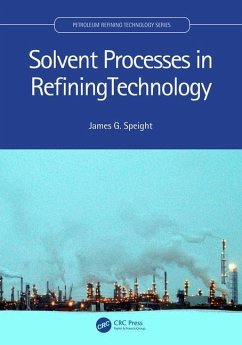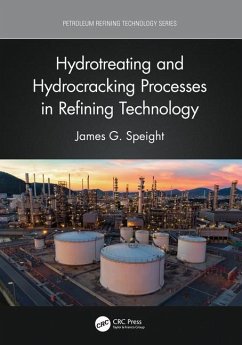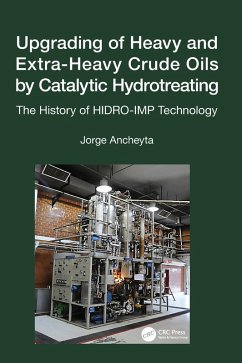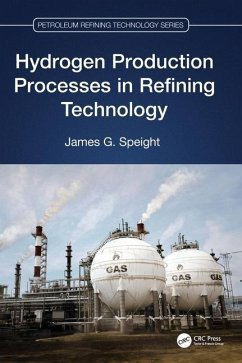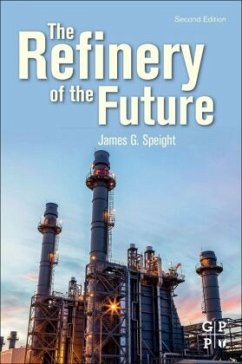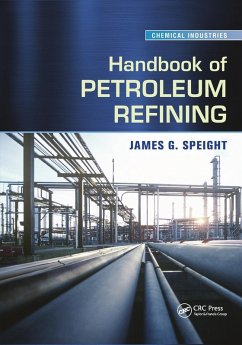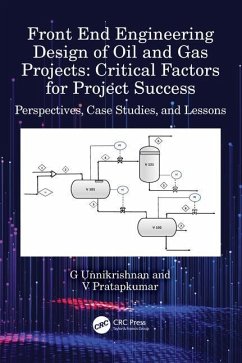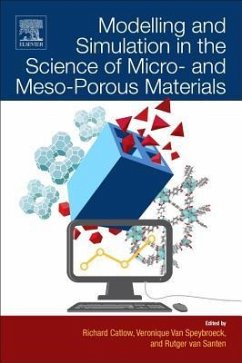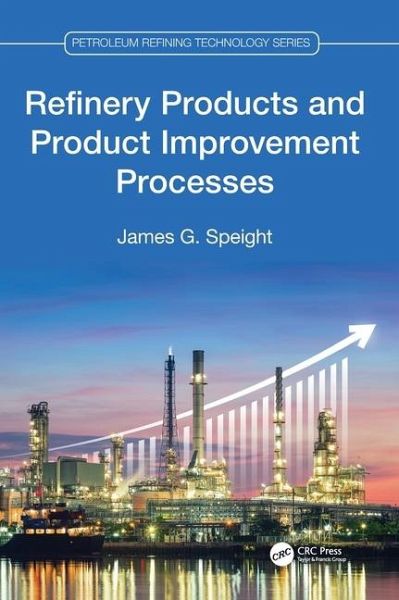
Refinery Products and Product Improvement Processes
Versandkostenfrei!
Versandfertig in 6-10 Tagen
197,99 €
inkl. MwSt.
Weitere Ausgaben:

PAYBACK Punkte
99 °P sammeln!
This book focuses on the various refinery products, product improvement processes, and solvent processes that are used in the refining industry and the processes used in product improvement to ensure products meet sales specifications. This accessible book is written for engineers, scientists, students, and academics wanting an update on crude oil processing and insight into the direction of the industry.Key features:- Describes the development of technologies for a variety of feedstocks, including heavy feedstocks utilizing advanced pre-treatment processing and hydrotreating.- Presents the in...
This book focuses on the various refinery products, product improvement processes, and solvent processes that are used in the refining industry and the processes used in product improvement to ensure products meet sales specifications. This accessible book is written for engineers, scientists, students, and academics wanting an update on crude oil processing and insight into the direction of the industry.
Key features:
- Describes the development of technologies for a variety of feedstocks, including heavy feedstocks utilizing advanced pre-treatment processing and hydrotreating.
- Presents the initial refining processes and prepares for the new changes and evolution of the industry, including the role of biomass in the future refinery.
- Analyses catalyst deactivation mechanism for developing optimum technologies for processing feedstocks with low reactivity.
- Includes an extensive glossary which will be beneficial for non-technical readers.
Key features:
- Describes the development of technologies for a variety of feedstocks, including heavy feedstocks utilizing advanced pre-treatment processing and hydrotreating.
- Presents the initial refining processes and prepares for the new changes and evolution of the industry, including the role of biomass in the future refinery.
- Analyses catalyst deactivation mechanism for developing optimum technologies for processing feedstocks with low reactivity.
- Includes an extensive glossary which will be beneficial for non-technical readers.





